Simplify Cannabis & Hemp Tax Compliance
Verify age, identity, and tax eligibility — all in one seamless, privacy-first platform.
Grow your cannabis ecommerce business across state lines without tax
headaches. Token of Trust automates excise and sales tax compliance so you
can stay audit-ready, reduce risk, and scale faster.
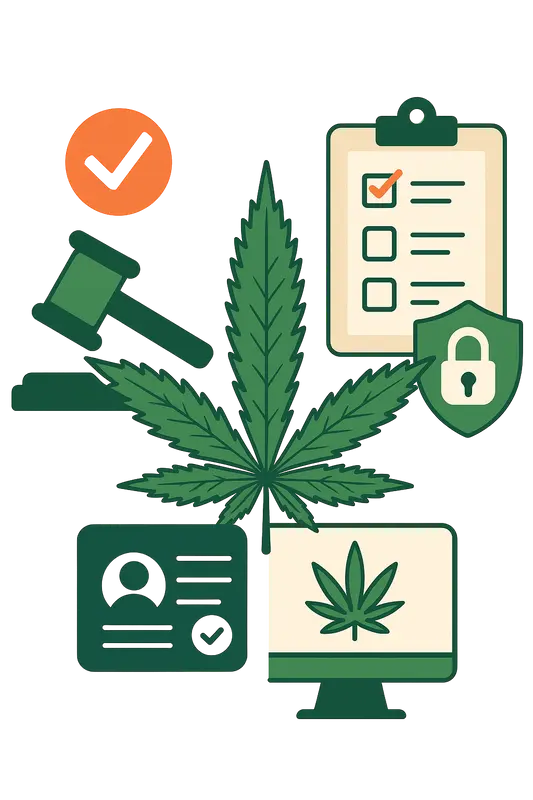
Why Cannabis & Hemp Tax Compliance Is So Complex
A single product can trigger multiple tax rates — depending on what it is, where it’s sold, and how strong it is.
Product-Based Tax
Differences
Tax treatment changes based on what’s sold — and what’s inside it.
- Flower, edibles, vapes,
tinctures, and topicals often
follow separate tax rules. - Recreational use usually triggers
excise + sales tax; medical may
qualify for exemptions. - THC vs. CBD compounds
trigger separate tax
classifications
Staying compliant means tracking how every SKU is defined in each state.
Tax Rules by Location
and Transaction
Where and how you sell changes your tax obligations.
- States use different methods —
by price, weight, or potency - Local taxes can add 2–5% on
top of state rates - Online, delivery, and in-store
sales may each have unique
rules
Automation helps apply the right tax logic across every sale channel.
Multiple Tax Models at Once
Many states stack multiple
cannabis taxes into one
transaction.
- Percentage-of-price, weight-
based, and potency-based
taxes often overlap - Rates vary widely, from 6% to
37% depending on the state - Excise and sales taxes are
frequently combined at
checkout
Automation keeps calculations accurate, and your business audit-ready.
Cannabis Excise Tax vs. Sales Tax: What’s the
Difference?
In the cannabis and hemp industry, most transactions are taxed twice — through both excise tax and sales & use tax.
Understanding how each works is key to staying compliant.
Excise Tax
– Cannabis-specific tax applied before or during the sale.
- Covers THC flower, concentrates, vapes, tinctures, and intoxicating hemp cannabinoids
- Calculated by price, weight, or potency, depending on the state
- Often built into the product price and remitted by the retailer or distributor
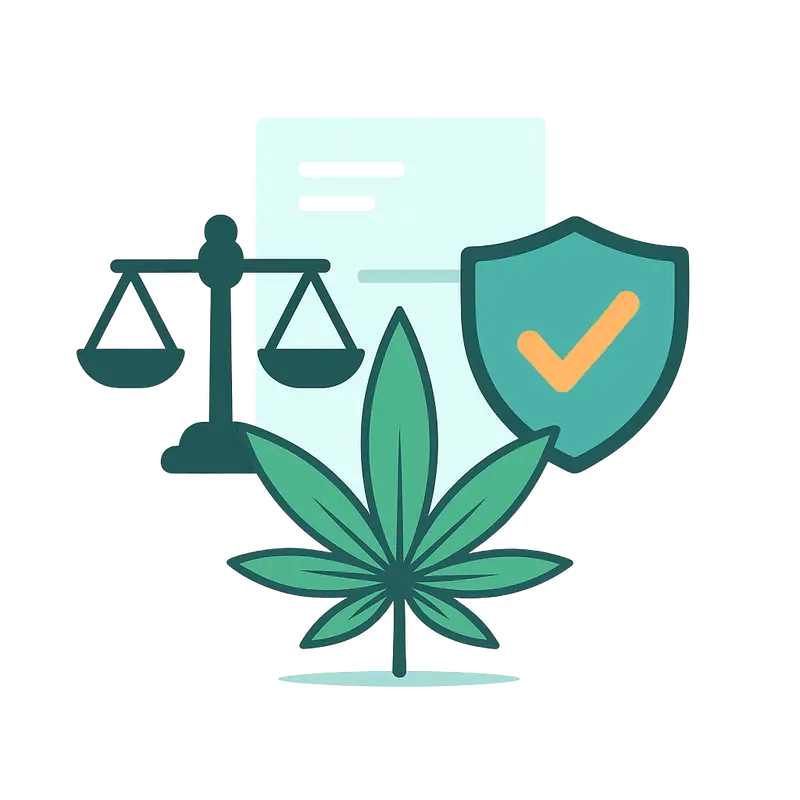
Sales & Use Tax
– Retail-focused tax added at checkout.
- Applies to most consumer purchases, including hemp-derived CBD
- Based on retail price, often stacked on top of excise tax
- “Use tax” applies when sales tax isn’t collected (e.g., out-of-state transactions)
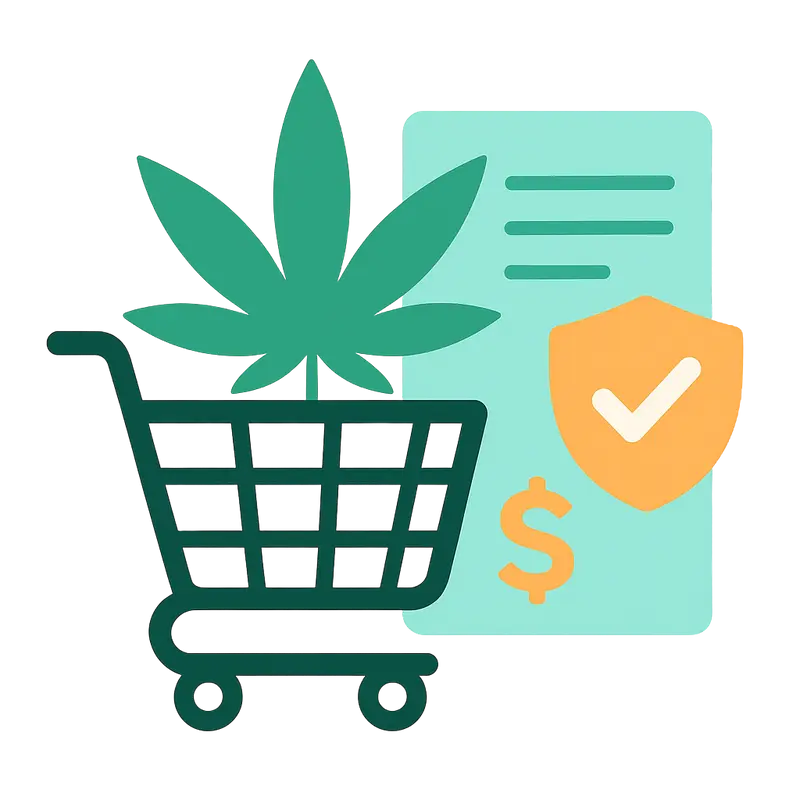
Real-World Use Cases
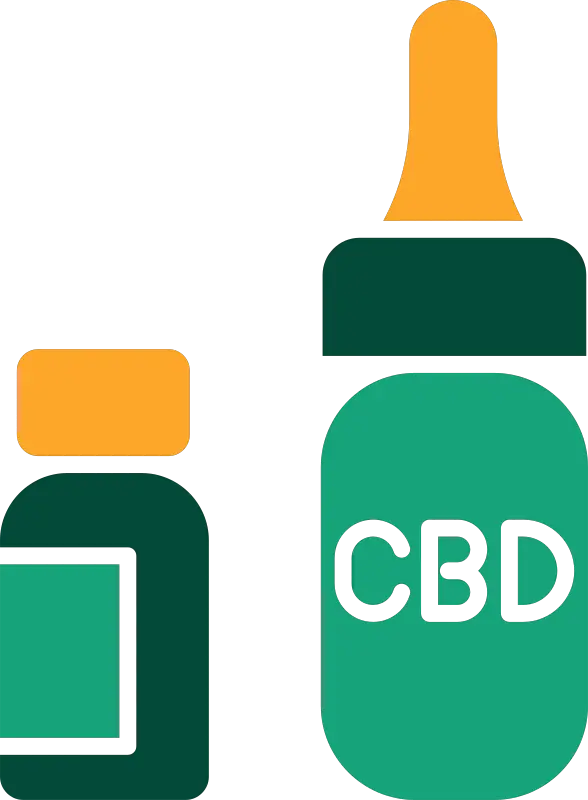
CBD Retailers
Apply correct sales tax on hemp-derived CBD — exempt in some states, taxable in others.
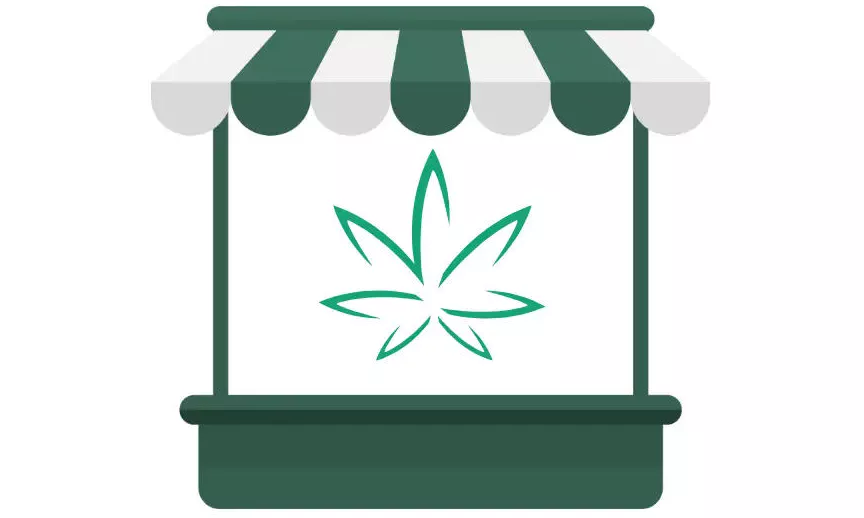
CBD Retailers
Apply correct sales tax on hemp-derived CBD — exempt in some states, taxable in others.
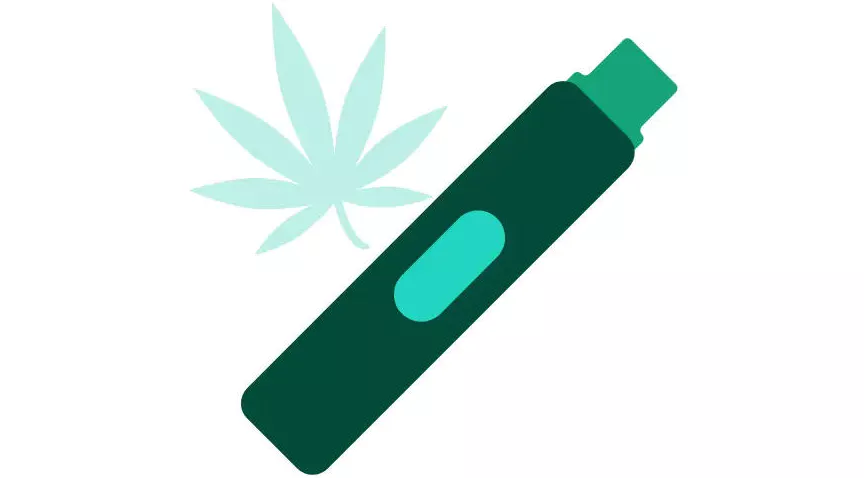
CBD Retailers
Apply correct sales tax on hemp-derived CBD — exempt in some states, taxable in others.
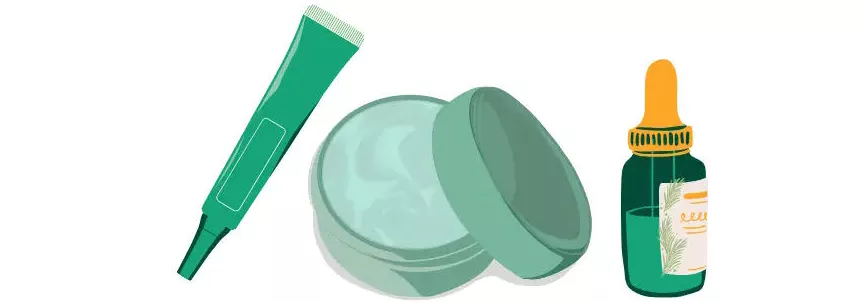
CBD Retailers
Apply correct sales tax on hemp-derived CBD — exempt in some states, taxable in others.
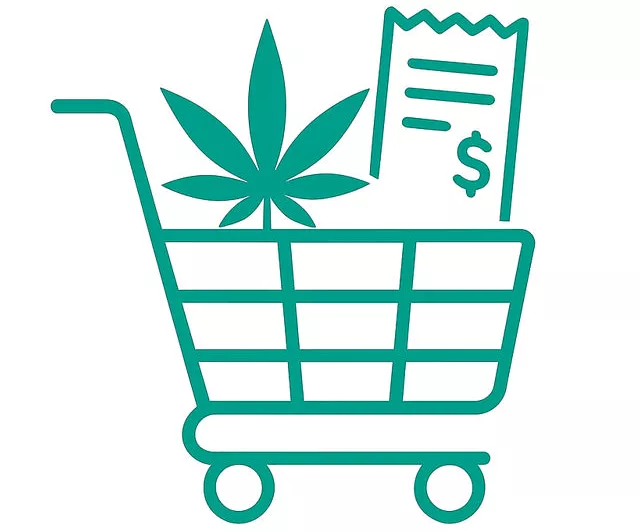
CBD Retailers
Apply correct sales tax on hemp-derived CBD — exempt in some states, taxable in others.
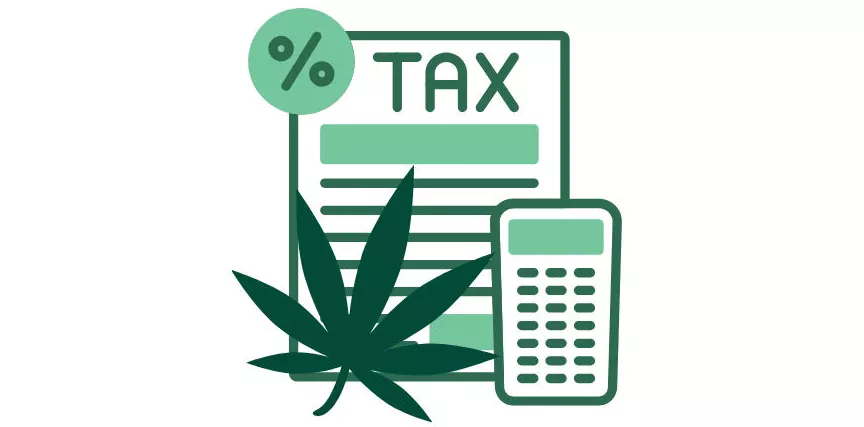
CBD Retailers
Apply correct sales tax on hemp-derived CBD — exempt in some states, taxable in others.
Take the Complexity Out of Compliance
Sales tax. Use tax. Excise tax. Jurisdictional rules. Potency-based logic.
It’s a lot — but it doesn’t have to be.
Let’s take a look at your product catalog and state footprint. We’ll show you how Token of Trust can simplify your tax compliance.